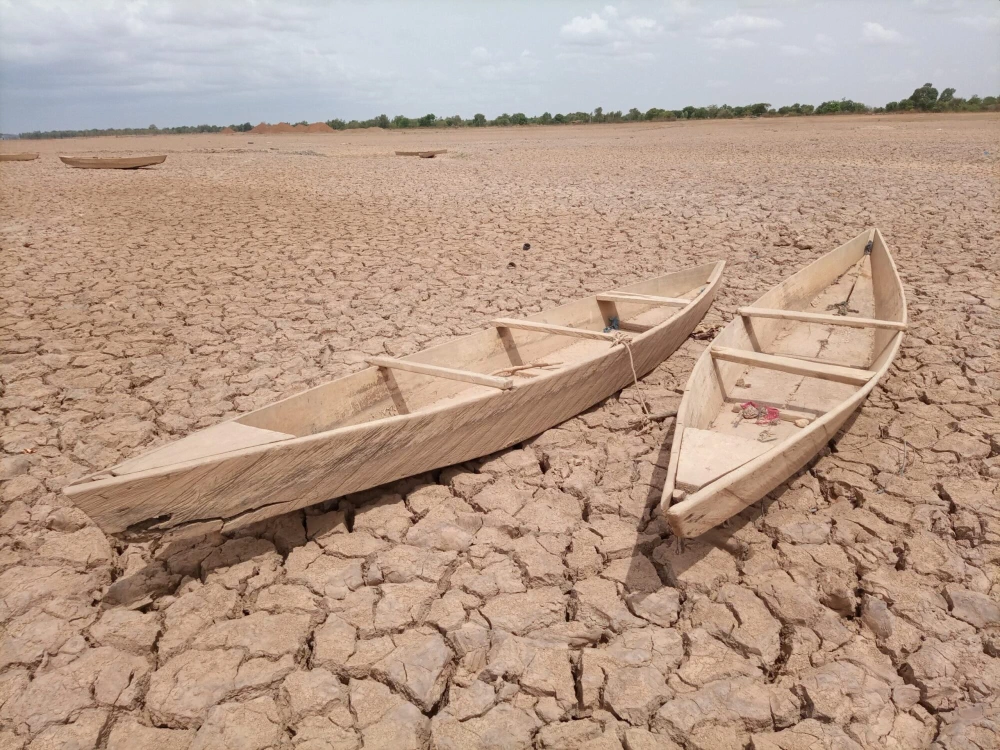Climate change is the defining issue of our time, requiring immediate, scaled up action at the local and planetary scale to prevent and address its current and future impacts. Shifts in temperature and weather patterns potentialized by human activities pose a threat to food and water security, increase the frequency of extreme heat and weather-related natural disasters, increases the risk of disease and economic distress, and may result in increased poverty, migration and conflict.
Climate Finance

Reducing carbon emissions and adapting to a changing climate requires large scale investments. International agreements, voluntary commitments and market-driven investment drive the mobilization of resources to address the climate crisis. Climate finance, according to the UN Framework Convention on Climate Change (UNFCCC) refers to national or transnational financing—drawn from public, private and alternative sources of financing—that seeks to support mitigation and adaptation actions to address climate change.
Major climate funds under the Convention include the Green Climate Fund , the Global Environment Facility, and special funds such as the Adaptation Fund. Other global funds, such as the Climate Investment Funds seek to pilot and scale climate solutions supporting and leveraging government and private investment.
Climate funds support the generation of renewable energy, protection of forests and biodiversity, implementation of clean technologies, sustainable land use and agriculture, climate resilience, among many other areas of investment.
Adaptation Fund
Climate Investment Funds
Forest Carbon Partnership Facility
Major multilateral climate finds are primarily funded by contributions from countries with greater financial resources, to support needs and priorities of less endowed countries, which typically bear less historical responsibility for climate change, but are equally affected by its consequences.

Global climate funds are governed by complex multilateral arrangement which seek to ensure effectiveness, accountability, country ownership, and participation of beneficiaries and relevant stakeholders. Promoting accountability and participation, especially of marginalized voices, are challenges the SAN was created to address. Learn more about how the SAN supports stakeholder participation in climate finance here.
